The Beginner's Guide to Eating Seasonally: A complete guide to the benefits of seasonal eating and how you can get started, today!
I will never forget the first time I went to a Southwest Michigan Vineyard, and tried a grape right off the vine. I was about 22, and up until that point I didn’t really give much thought to where my food came from or whether or not it was in season. But the moment I popped that perfectly ripened grape into my mouth I was completely blown away by the intense sweetness and flavor. I had never tasted anything like it, even though I had been eating grapes my entire life.
Eating freshly picked food tastes delicious, but the benefits of seasonal eating are so much greater than flavor.
Eating seasonally is not a trend. In fact, it is an extremely simple concept that has been lost in our globalized food system. Consumers can buy pretty much any produce they want, anytime of year because t's convenient, so we don't really question WHY or HOW we are able to buy strawberries in the middle of February ... we just do it. However, if you can look past the convenience of hot house grown veggies or fruits grown halfway across the world you will find seasonal eating has many benefits that go far beyond taste and it's easier than you think.
What does it mean to eat seasonally?
Simply put, eating seasonally means produce that is purchased and consumed around the time that it is naturally harvested. For example, eating strawberries in June, cherries in July and carrots in August.
What are the benefits of eating seasonally?
Seasonal Food
- Tastes Better
- Contains more nutrients
- Lower Prices
Eating Seasonally
- Is better for the enviroment
- Supports your local community
- Encourages creativeness in the kitchen
Common Questions Eating Seasonally
-
Why does seasonal food taste better?
- Crops picked at the peak of ripeness, will have optimal sugars, moisture and nutrients. Food grown in a hot house or overseas is picked before it's prime, so it will ripen on it's journey to store shelves and loose moisture and quality of taste as it travels.
-
Why are seasonal foods more nutrient dense?
- Fruits and Vegetables retain more nutrients when given the opportunity to fully ripen on their parent plants. The longer food sits on shelves, the more nutrients and antioxidents are lost.
-
Why are seasonal foods cheaper?
- Supply and demand! Eating produce that is in season locally and plentiful in quantity will drive prices down. If you are able to buy directly from the farmer, that's even better!
-
Why is eating seasonally better for the enviroment?
- Seasonal foods that are grown locally require less energy to produce and transport. If you buy locally, you are also supporting farmers who grow food sustainably.
-
How does seasonal eating support community?
- Eating seasonally creates connections between buyers and their local farmers. That money is often reinvested into the local economy and businesses, helping to grow and provide food that ends up on your neighbors plates.
-
How does seasonal eating encourage creativeness in the kitchen?
- When you are planning meals around what produce is in season, you are enriching your palate ... not restricting it! By focusing on foods that are in season, you are more likely to try new varietals of your favorite fruits and veggies or maybe even something brand new!
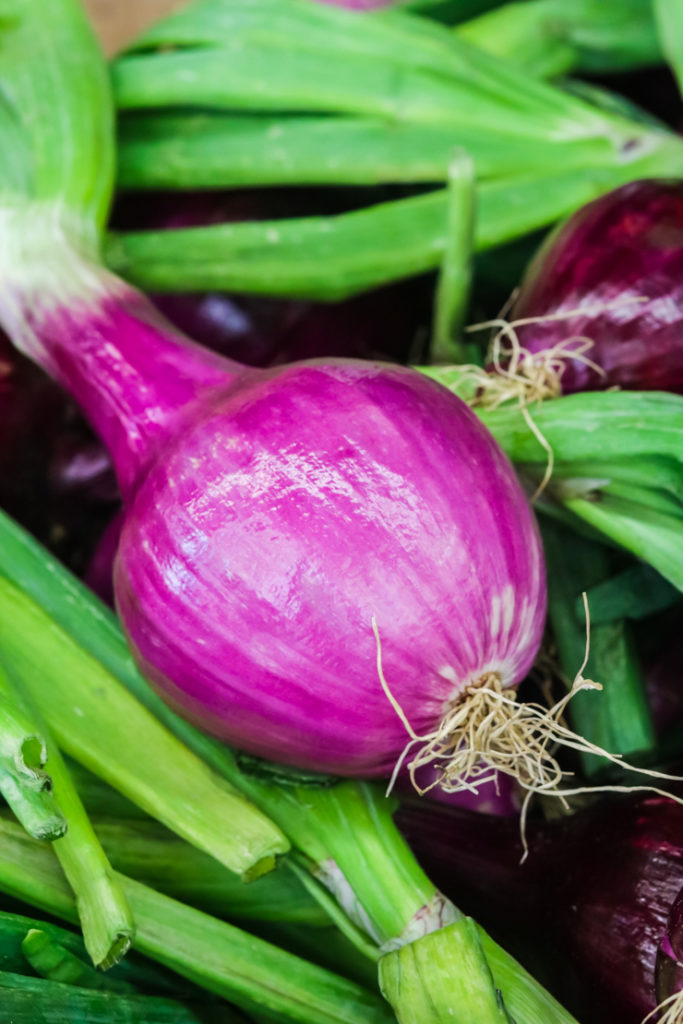
- When you are planning meals around what produce is in season, you are enriching your palate ... not restricting it! By focusing on foods that are in season, you are more likely to try new varietals of your favorite fruits and veggies or maybe even something brand new!
So how do I get started eating seasonally?
- Download our free seasonal produce printable guide here. (Coming soon!) Hang it on your fridge, put it in your planner and refer to it anytime you need some seasonal eating inspiration.
- Check your local u-pick farms and local farmstands for the freshest seasonal produce you can get!
- Join our email list and follow us on social media for seasonal inspiration delivered right to your inbox.
- Check out other produce-driven food blogs. Some of my favorites include:
- The Forest Feast
- Love and Lemons














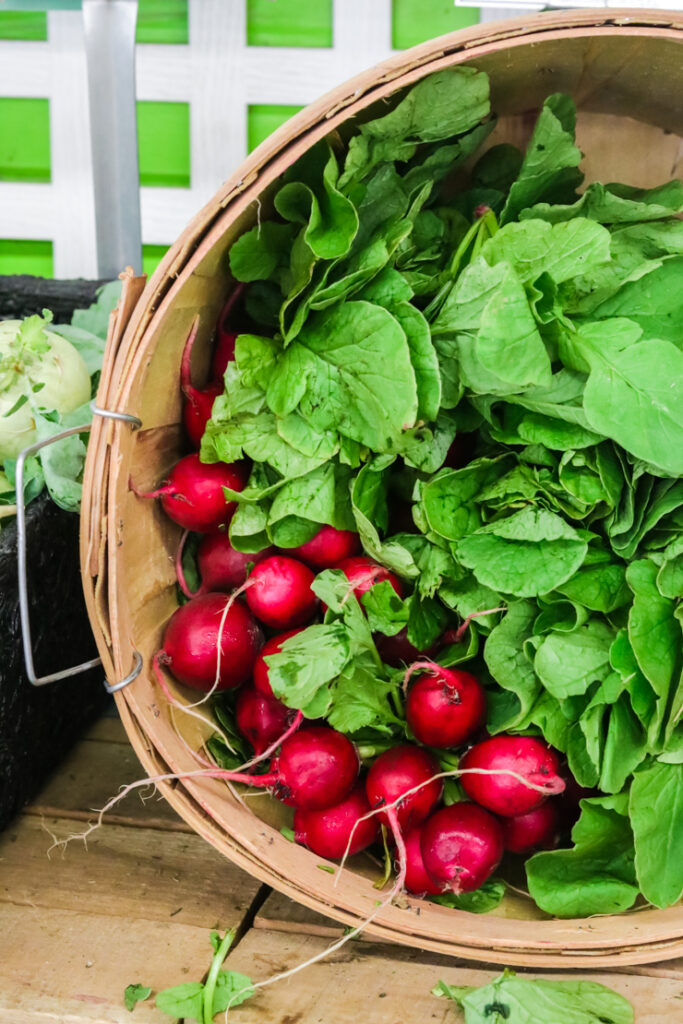
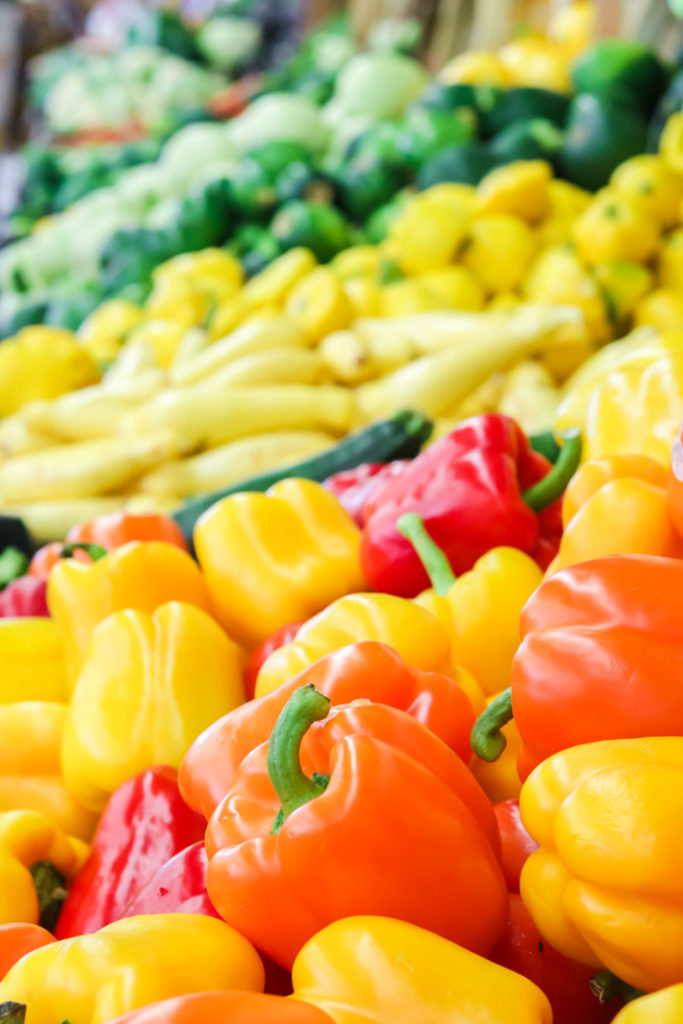
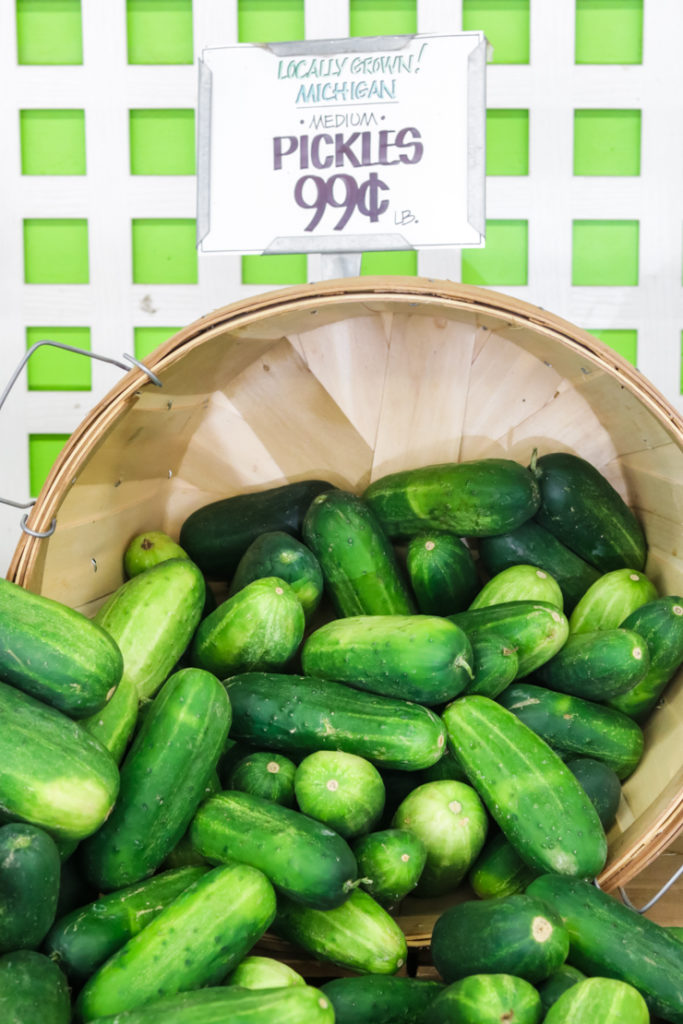
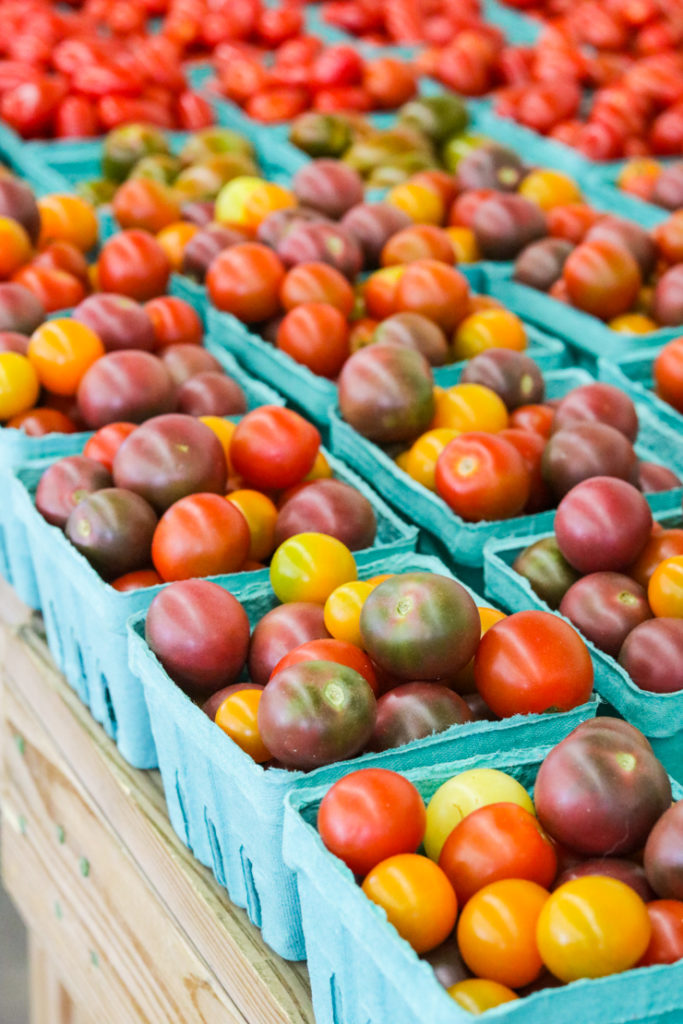
Leave a Reply